The "retail apocalypse" wave across the pond claims more and more victims. Economists and analysts warn that the effects of changes will sooner or later start to affect the Old Continent, and thus also Poland. If we look at numbers, the phenomenon indeed appears to be very dangerous. However, when we try to assess the risk also through the prism of cultural conditions, we can hope that in Poland the apocalypse, like the last global recession, will not happen at all. The Polish economy, as a green island, is still very good.
Where does this optimism come from? In our country, going shopping is a kind of generational entertainment, a way to spend free time. For years, among the sellers, there is a term for a certain group of clients called the "Apache village". It came from the part of consumers who, when asked Can I help you?, answer No, I'm just looking – in Polish: a, paczę tylko [a pache tylko]. But joking aside, this phenomenon is explored, described, and one way to use this











































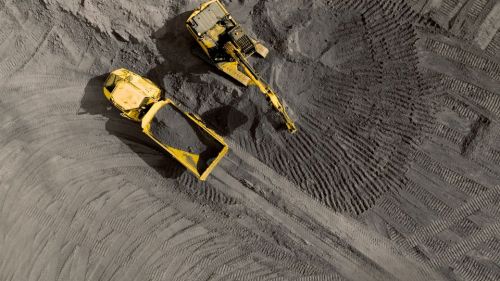
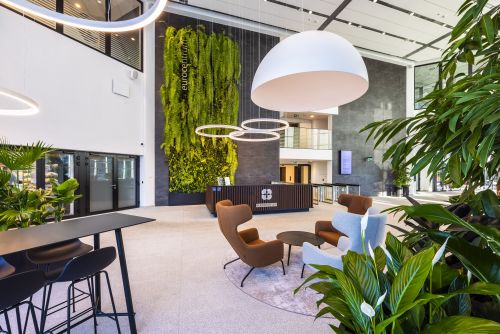
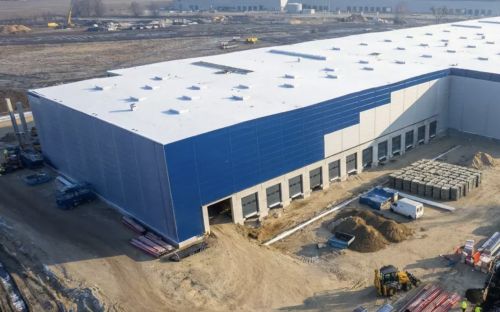


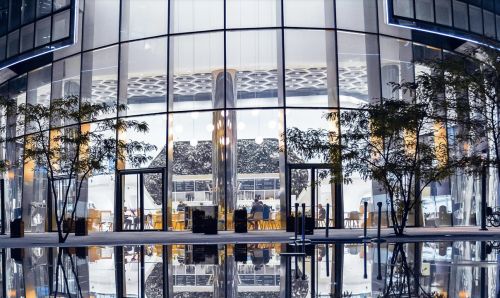





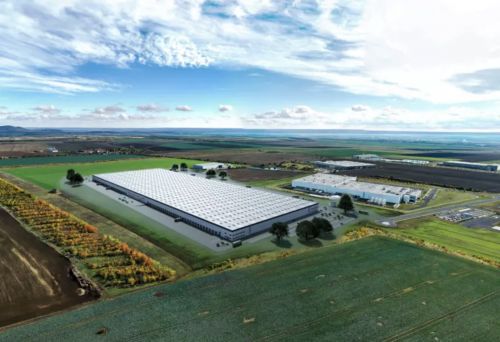



Strong warehouse sector whilst capital cautious and offices yet to rebound
Strong warehouse sector whilst capital cautious and offices yet to rebound
Poland’s commercial real estate market enters 2026 in good health and with solid growth potential. Warehouses remain one of the strongest sectors in Europe, while constrained ...
Newmark Polska
The end of greenwashing as flex grows in strength
The end of greenwashing as flex grows in strength
The office sector is entering a period of deeper qualitative and financial scrutiny. Decisions regarding new projects, refurbishments, or leasing are now supported by more thorough ...
Walter Herz
The quiet revolution in Małopolska
The quiet revolution in Małopolska
Developers across the region are increasingly favouring heat pumps and photovoltaic systems over traditional gas boilers in warehouse construction. This shift marks a growing commi ...
Axi Immo